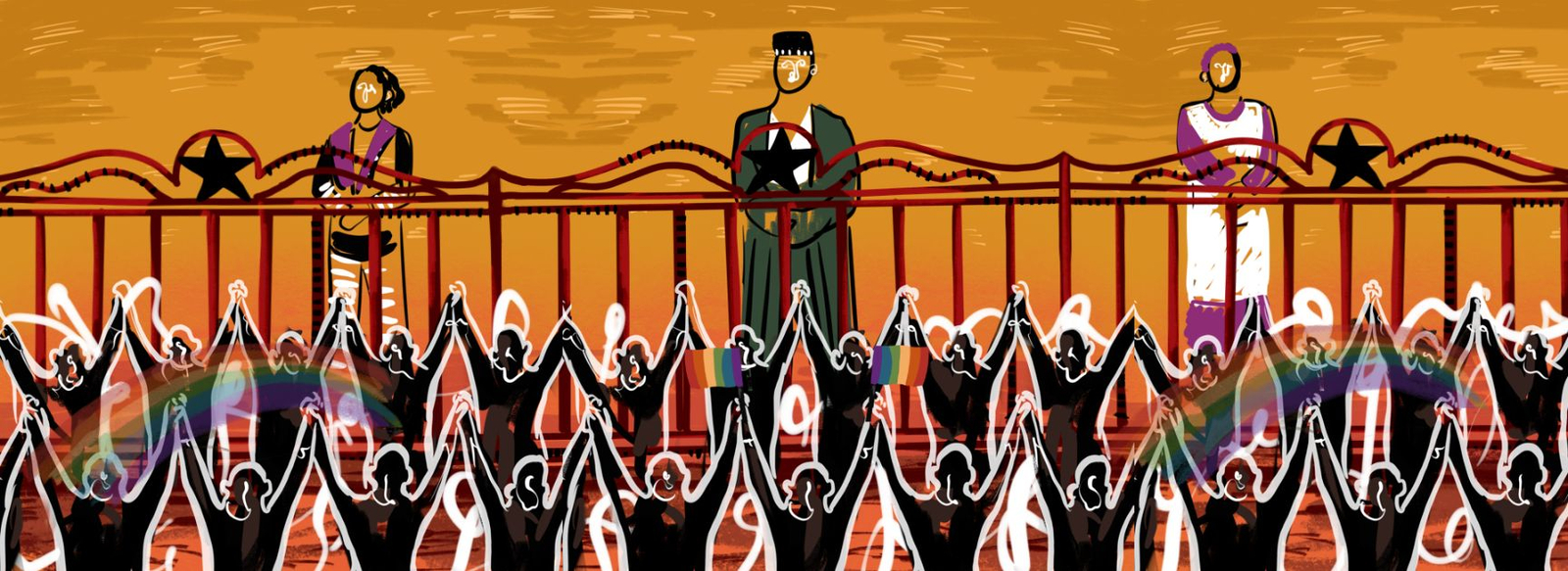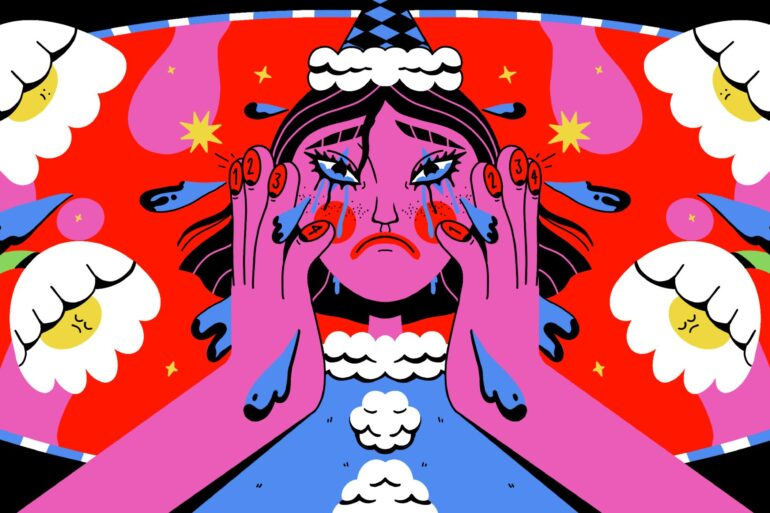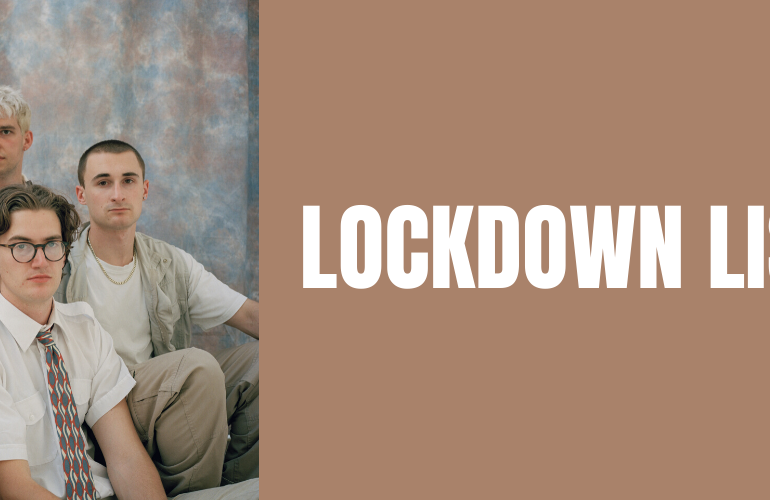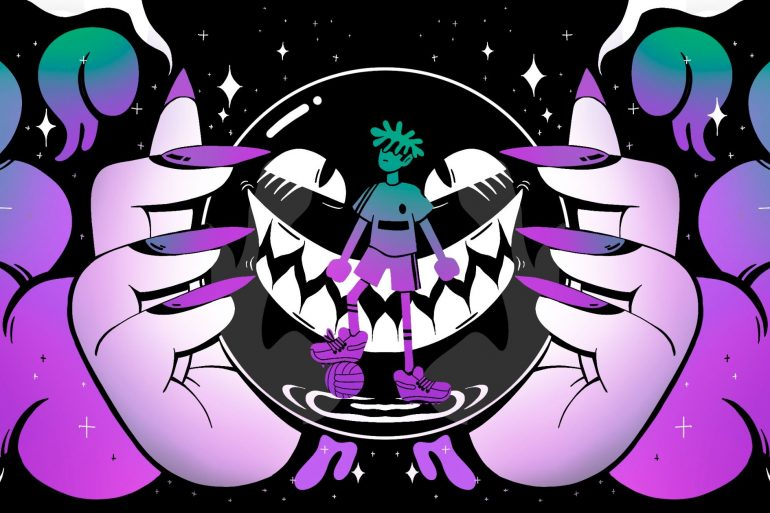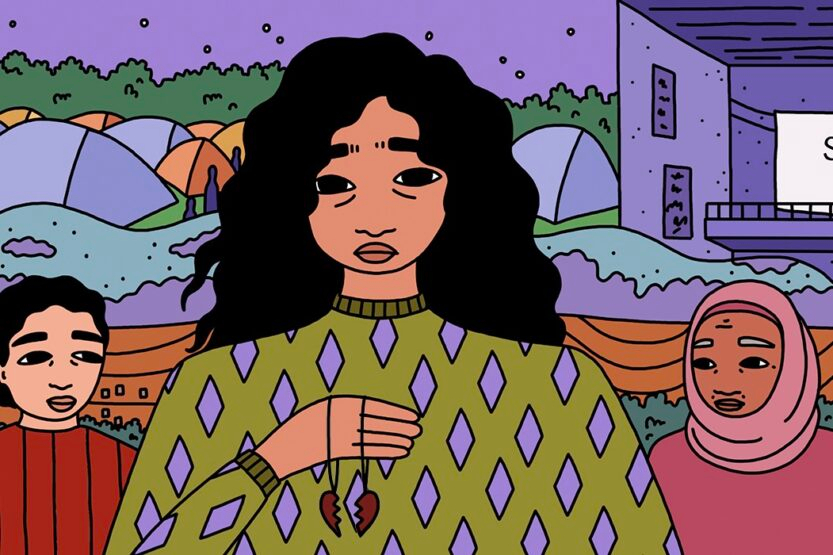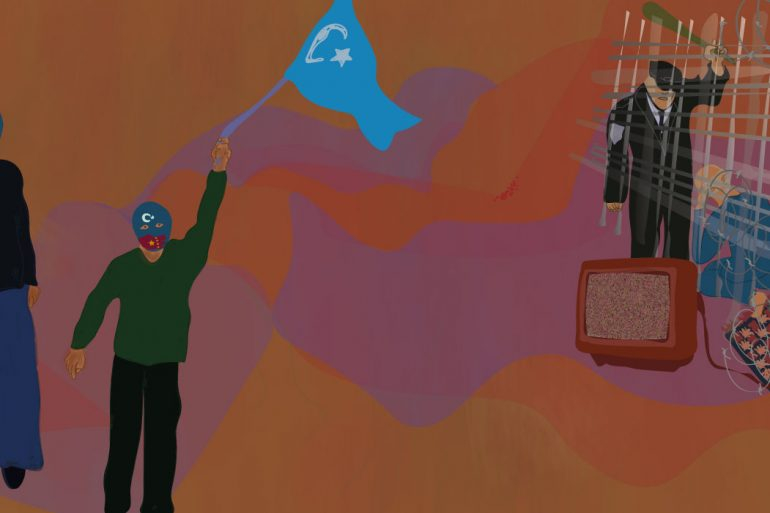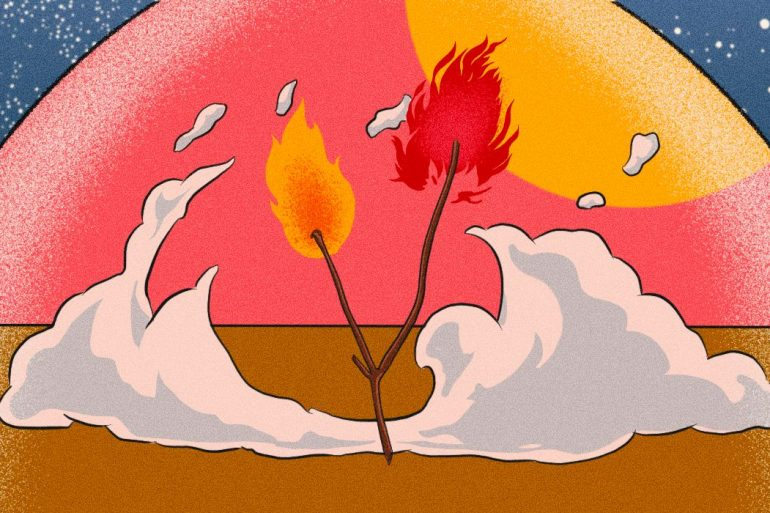The older generation in Ghana are individualistic, self-sufficient, and resourceful, all of which are respectable traits. In contrast, we, the younger generation, are confident, ambitious; team and achievement oriented. In short, we prioritise community over individualism. This country-wide generation gap is clearly reflected within the priorities of the LGBTQI+ community. Most recently, the divide was made visible in the lack of support for the younger generations from queer elders during the violent shutdown of the LGBT+ Community Centre and subsequent criminalisation of members of the community this February.
I am a young LGBTQI+ rights activist. I’ve been actively campaigning since 2014 and am currently the Communications Director for LGBT+ Rights Ghana. I pride myself in championing the rights of marginalised and vulnerable groups and truly believe it is the only way to build a better world for all.
Because of this, I am strongly against celebrating Pride in Ghana. This might come as a surprise – but Pride in Ghana was never meant for people like me. It is by and for the elite, catering for a few older and privileged members of the LGBTQI+ community converging at an embassy or private residence of an ambassador to talk over drinks and croissants. This ‘celebration’ has been going on for years, with the attendees refusing to acknowledge the internal marginalisation of the LGBTQI+ community that this furthers. My understanding of the true aim of Pride is that it celebrates the resilience of the LGBTQI+ community who are constantly discriminated against. Not a select privileged few.
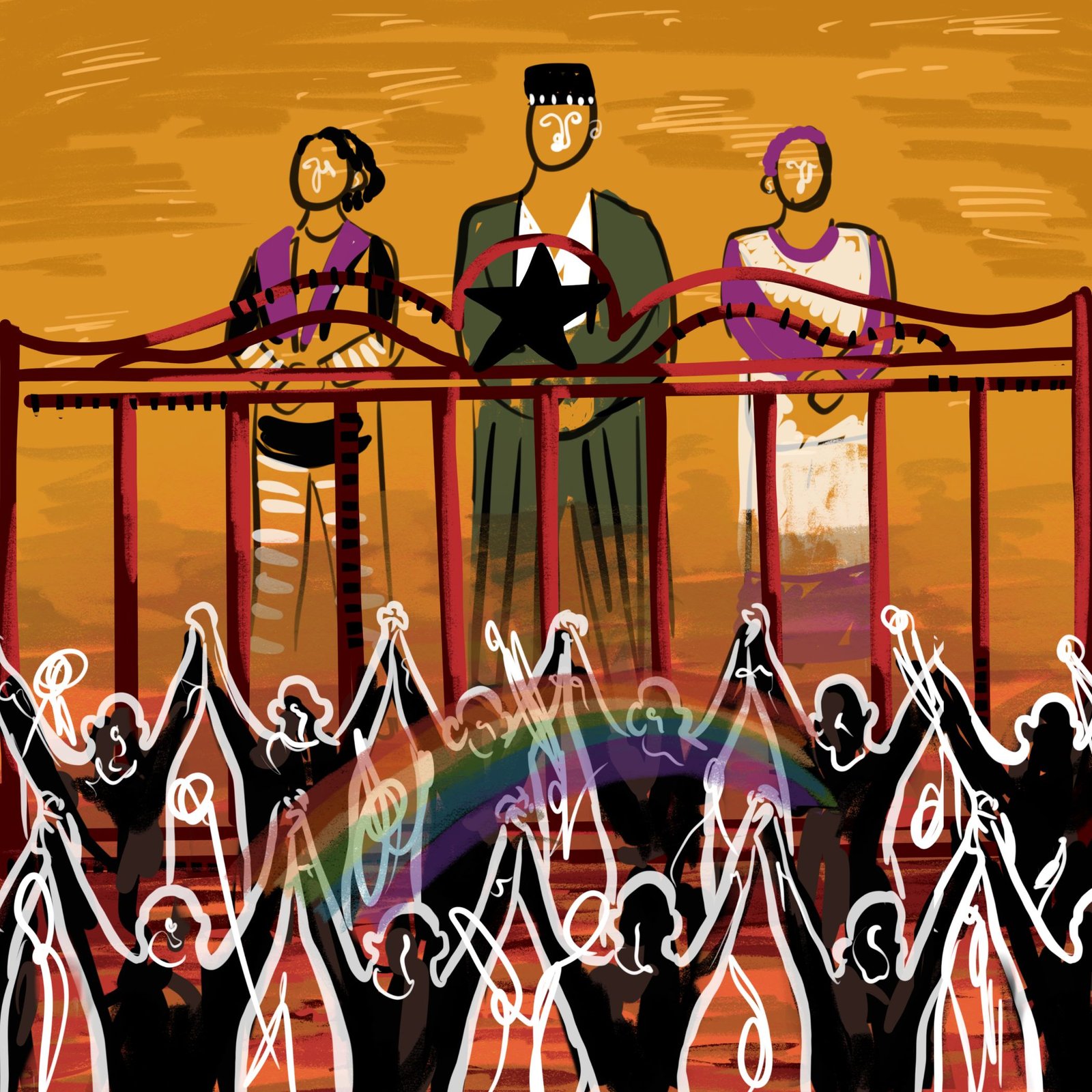
For me, the way Pride is celebrated in Ghana epitomises the deep-rooted problems of classism which are affecting and excluding the wider LGBTQI+ community in Ghana. There are spaces that are not accessible to the less privileged due to their financial or social status. And it’s not only space which divides us; the elites care little about the problems which the wider community face. These are people who are in positions of power but time and time again all they do is fail the community due to their individualistic nature. I believe all activism is fuelled by a desire to correct flaws in an unjust system and often lived experiences shape activist’s understanding of these flaws. While an individual’s lived experience therefore plays a key role, I think it is imperative to understand activism from a collective view, to understand how the rot in the system impacts the community as a whole. The issue of individualism is rife amongst the privileged few, who leave their community behind while pretending to advocate for the community as a whole.
These elites act as gatekeepers of the activist space. This is why, in 2019 when LGBT+ Rights Ghana grew as a movement of young and unapologetic queer activists, we were fighting battles on all sides. Our existence in the queer activism space was constantly seen as a threat by the older activists. Our approach is new and different and our work is constantly dismissed. We are seen as rebels; as being confrontational. Our ideas are downplayed and we are seen as not worthy of being in some spaces.
The disregard for youth activism by the older generation became truly evident on the 24th of February 2021. On this day, police and the media raided and shut down the first LGBT+ rights community centre in Ghana, sending shockwaves throughout the entire community. Older organisations had previously refused an invitation to attend the opening in January and their response after the attack was marked by hostility, not directed at the homophobic perpetrators but at LGBT+ Rights Ghana for daring to open a safe space for their members. .
The negative rhetoric by the media and an anti-LGBTQI+ hate group called The National Coalition for Proper Human Sexual Rights and Family Values, created a tide of extreme homophobia against the LGBTQI+ community. The physical and psychological abuse of queer people increased across the country. People lost their jobs and others were forced to flee their homes to relocate to safer areas. It should have been a time for cohesion and collaboration within the queer community, to fight a common enemy and to bring us into a new era of togetherness. But, my attempts at collaborating with the older generation were met with blame and anger – somehow, the effort to paint me as a villain became a top priority of older LGBTQI+ groups, instead of the imminent danger the whole community was facing.
The best chance the LGBTQI+ community has is for all activists to work together. We as activists hold privilege and it is with our collective experience in mind that we must move forward, rather than with the mindset of an individual speaking for the collective. It is time for our advocacy and activism to centre around the actual community, where diversity exists and thrives.
A respected older Ghanaian LGBTQI+ activist once said to me, “I am the community.” But I don’t agree with this. No one person can speak for an entire community: this notion is very harmful to the diversity of experiences I seek to fight for. I am a part of the community. A community with shared experiences and struggles. A community with a hope for a better tomorrow.
It has been beautiful to witness the widespread pushback on behalf of the queer community in the face of this violent oppression and homophobia. Silent Majority (a community whose goal is to amplify the voices and collective action of Ghanaians who have been silenced by an oppressive state) emerged, and have invited others to stand in solidarity with Ghana’s queer community. The Humanists Association of Ghana have also time and time again proved to be a very strong ally for the LGBTQI+ community ; more recently, numerous celebrities both in the country and in the diaspora have been actively speaking out against the injustices we face. We are at a tipping point and every action we take from here will be vital in creating a safe and inclusive country. It is time for collective action and resistance to the oppressors’ rule. LGBTQI+ Ghanaians are just as Ghanaian as those outside the community, and it is our job as activists to work and make our community, our whole community, be accepted as a respected part of our society.
